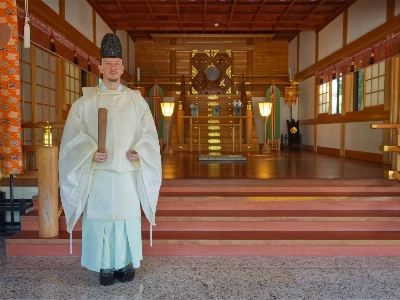A day after Prime Minister Yoshiro Mori's apology before the Diet appeared to alleviate the chaos over the resignation of a scandal-tainted Cabinet member, the opposition shifted its target Tuesday to the ruling Liberal Democratic Party's dubious election roster system.
The opaqueness of the process by which the LDP ranks candidates for its proportional representation roster for House of Councilors elections was suddenly exposed after former Financial Reconstruction Commission chief Kimitaka Kuze stepped down Sunday for having received millions of yen in benefits from private firms.
Kuze, an Upper House member of the LDP, indicated upon his resignation that he needed the 100 million yen provided by condominium builder Daikyo Corp. in 1991 to have his name placed higher on the party's proportional representation roster for the 1992 election.


















With your current subscription plan you can comment on stories. However, before writing your first comment, please create a display name in the Profile section of your subscriber account page.